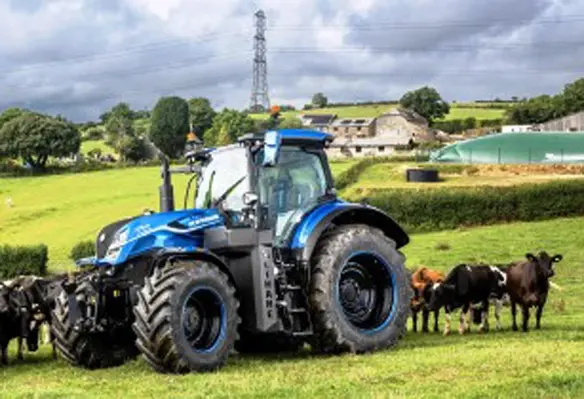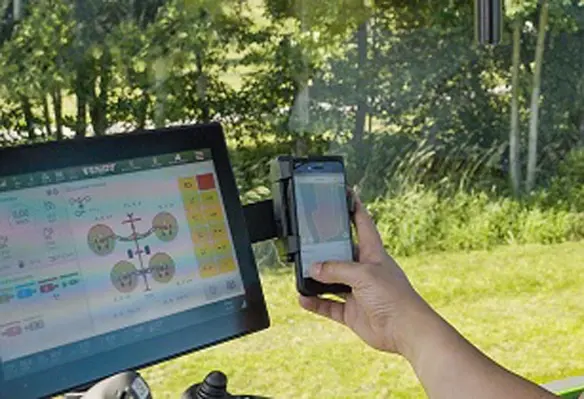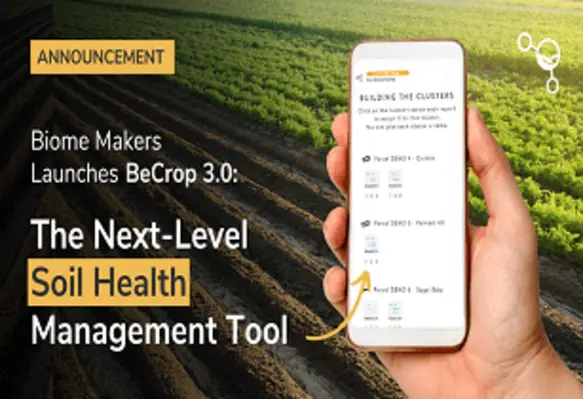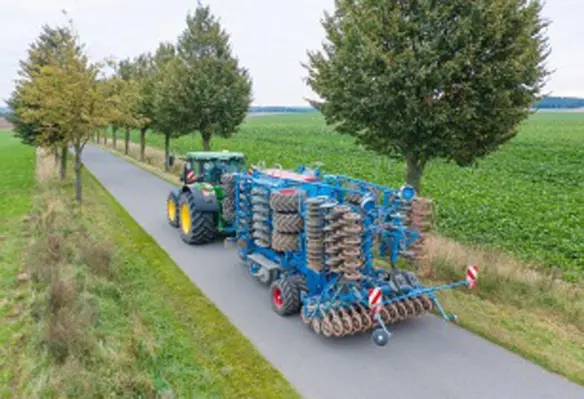
Reducing emissions such as methane and CO2 from bio waste and operations is one of agriculture’s greatest environmental issues. (Image source: CNH Industrial)
CNH Industrial is expanding its alternative fuel capabilities by taking a majority stake in Bennamann, a UK-based expert in solutions to capture, repurpose and store fugitive methane emissions for energy use






